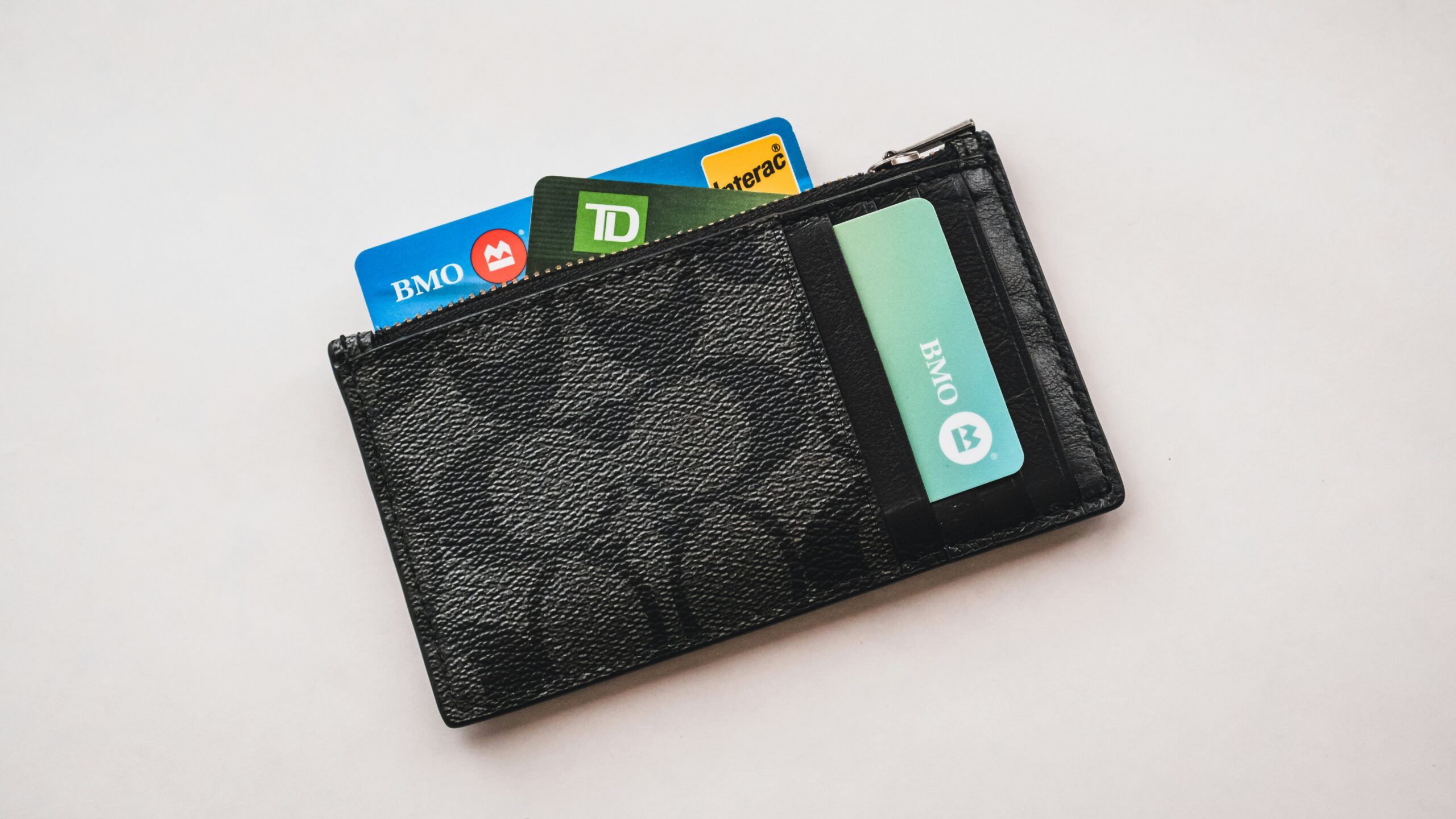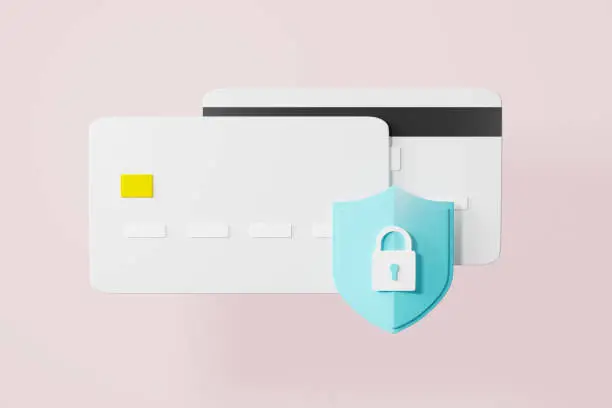When it comes to using credit cards, disputing charges is a common issue that most cardholders face at some point. Whether it’s an incorrect billing amount, unauthorized transactions, or defective merchandise, understanding how to dispute a credit card charge is crucial.
Not only can this knowledge help you avoid paying for fraudulent or erroneous charges, but it also empowers you to handle disputes confidently.
In this article, we will walk you through the steps to effectively dispute a credit card charge, the common reasons for disputes, and how to protect yourself from future billing errors.
What Is a Credit Card Charge Dispute?
A credit card charge dispute occurs when a cardholder challenges a charge that appears on their credit card statement. Disputes can arise for various reasons, such as unauthorized transactions, errors in billing, or dissatisfaction with goods or services purchased.
The Fair Credit Billing Act (FCBA) offers protections for consumers in these situations, ensuring that disputes are resolved fairly and that cardholders are not held responsible for incorrect charges.

Common Reasons for Disputing a Credit Card Charge
1. Unauthorized Charges: This is one of the most common reasons for disputes. Unauthorized charges occur when someone uses your credit card information without your consent. It could be due to a lost or stolen card, or someone hacking your account details.
2. Billing Errors: Mistakes in billing can lead to overcharges, double charges, or incorrect amounts. These errors may result from clerical mistakes or system glitches.
3. Fraudulent Charges: Fraudulent charges happen when a scammer uses your credit card information to make purchases without your authorization. These could be due to data breaches, phishing scams, or stolen card information.
4. Non-receipt of Goods or Services: If you have paid for a product or service that you never received, you have grounds for disputing the charge. This could be due to shipping issues or service providers failing to deliver on their promises.
5. Defective or Damaged Goods: When you receive a product that is faulty or not as described, you can dispute the charge to seek a refund.
6. Cancelled Services or Subscriptions: Charges for services or subscriptions that you have already canceled are also valid reasons for disputes. This can occur if a vendor continues to bill you after cancellation.
7. Duplicate Charges: Sometimes, the same charge may appear on your statement more than once. Duplicate charges usually result from a processing error or an accidental double-swipe of the credit card.
Steps to Dispute a Credit Card Charge
Disputing a credit card charge may seem daunting, but the process is quite straightforward. Here’s a step-by-step guide to help you through it:
1. Review Your Billing Statement
Start by reviewing your billing statement: Before initiating a dispute, closely examine your credit card statement to confirm that the charge in question is incorrect. Look for unfamiliar charges, incorrect amounts, or any discrepancies. Identifying the issue clearly will help you articulate your dispute better.

2. Contact the Merchant First
Reach out to the merchant directly: In many cases, contacting the merchant or service provider can resolve the issue without needing to file a formal dispute. Provide them with details of the charge and explain why you believe there’s an error. Merchants often prefer to handle disputes directly to avoid credit card chargeback fees, and they may issue a refund or correct the charge.
3. Gather Supporting Documentation
Collect evidence to support your dispute: Keep a record of your communications with the merchant, including emails, receipts, invoices, and any correspondence related to the purchase. Documenting your efforts to resolve the issue will strengthen your case when dealing with the credit card issuer.
4. Contact Your Credit Card Issuer
Reach out to your credit card issuer to formally dispute the charge: If contacting the merchant doesn’t resolve the issue, call your credit card company to initiate a dispute. Most credit card issuers provide multiple ways to file a dispute, including online, over the phone, or through a written letter. Follow the instructions provided by your issuer to file your dispute.
5. Provide Necessary Information
Be prepared to provide specific details: When filing a dispute, you will need to provide information such as the date of the charge, the merchant’s name, the amount in question, and the reason for your dispute. Be as detailed and accurate as possible, as this will help the credit card company understand your situation.
6. Monitor the Dispute Process
Keep track of the dispute’s progress: Once your dispute is filed, the credit card issuer will investigate the matter. During this time, the disputed amount may be temporarily removed from your account balance. Regularly check your account statements and keep an eye out for updates from your issuer regarding the status of the dispute.
7. Await the Outcome
Be patient as the investigation proceeds: The credit card issuer is required to acknowledge your dispute within 30 days and resolve it within two billing cycles (not exceeding 90 days). After the investigation, you will be informed of the outcome. If your dispute is successful, the charge will be reversed. If not, the issuer will explain the reasons for the decision.
8. Follow Up If Necessary
If the outcome is not in your favor, consider following up: If you disagree with the decision, you have the right to provide additional evidence or request a re-evaluation. Some credit card issuers may allow for a second review, especially if new information is available.
How to Prevent Future Disputes
While knowing how to dispute a charge is important, it’s equally crucial to prevent such issues from arising in the first place. Here are some proactive steps you can take:
1. Regularly Monitor Your Statements: Make it a habit to regularly review your credit card statements. By keeping an eye on your account activity, you can quickly spot unauthorized charges or errors.
2. Use Alerts and Notifications: Most credit card issuers offer transaction alerts and notifications. Set up alerts to receive notifications of any purchases made with your card. This will help you identify unauthorized transactions immediately.
3. Be Cautious with Online Transactions: When shopping online, ensure that the websites are secure and reputable. Avoid using public Wi-Fi for online purchases, as it can make your credit card information vulnerable to hackers.
4. Keep Your Card Information Secure: Protect your credit card information by not sharing it unnecessarily. Be cautious when entering your card details online and avoid storing your card information on multiple websites.

5. Understand Your Card’s Terms and Conditions: Familiarize yourself with your credit card’s dispute resolution process, including the timeframes and documentation required. Knowing these details can save you time and stress in the event of a dispute.
6. Use a Credit Card with Strong Fraud Protection: Consider using credit cards that offer robust fraud protection and zero-liability policies. These features provide added security and ensure that you are not held responsible for unauthorized charges.
Legal Protections Under the Fair Credit Billing Act (FCBA)
The Fair Credit Billing Act (FCBA) provides consumers with legal rights when disputing credit card charges. Under the FCBA, you have the right to dispute billing errors, unauthorized charges, and charges for goods or services not delivered as agreed. The act also requires credit card issuers to investigate disputes and provide a timely resolution.
Key Protections Offered by the FCBA
1. Limited Liability for Unauthorized Charges: Under the FCBA, your liability for unauthorized charges is limited to $50. Many credit card issuers offer zero-liability policies, which means you won’t be responsible for any unauthorized charges.
2. Timely Dispute Resolution: The FCBA mandates that credit card issuers acknowledge your dispute within 30 days and resolve it within two billing cycles (not exceeding 90 days). This ensures that disputes are handled promptly.
3. Rights to Documentation: You have the right to request copies of documents that the credit card issuer used to decide your dispute. This transparency helps you understand the investigation process and provides an opportunity to provide additional evidence if needed.
4. Protection Against Retaliation: Credit card issuers cannot retaliate against you for disputing a charge. They are prohibited from closing your account or threatening negative actions as a result of your dispute.

When to Escalate a Dispute
While most disputes are resolved between the cardholder and the credit card issuer, there are instances where escalation may be necessary:
1. Contact the Consumer Financial Protection Bureau (CFPB): If you believe your credit card issuer is not handling your dispute fairly or according to the law, you can file a complaint with the CFPB. The CFPB monitors complaints and can investigate unfair practices.
2. Seek Legal Advice: If your dispute involves a significant amount of money or you face legal challenges, consider consulting with an attorney who specializes in consumer rights or credit card disputes. Legal professionals can provide guidance on your rights and help you take appropriate action.
How Our Team Came Up with These Ideas
Our team’s insights into disputing credit card charges are based on a combination of real-world experiences and extensive research. We’ve dealt with various credit card disputes firsthand and have seen how stressful and confusing the process can be for consumers.
By analyzing common issues and challenges faced by cardholders, we have developed a practical guide that is both comprehensive and easy to understand.
Additionally, we stay updated with the latest developments in consumer protection laws, such as the Fair Credit Billing Act, to ensure that our advice is relevant and accurate.
Conclusion
Disputing a credit card charge doesn’t have to be a daunting task. By understanding the process and taking the necessary steps, you can resolve issues effectively and protect yourself from erroneous or fraudulent charges.
Remember to regularly monitor your statements, maintain records of your transactions, and use the protections offered under the FCBA to your advantage.
If a dispute does arise, act promptly and follow the outlined steps to ensure a successful resolution. Your vigilance and knowledge are your best tools for managing credit card disputes and safeguarding your financial health.


Leave a Reply